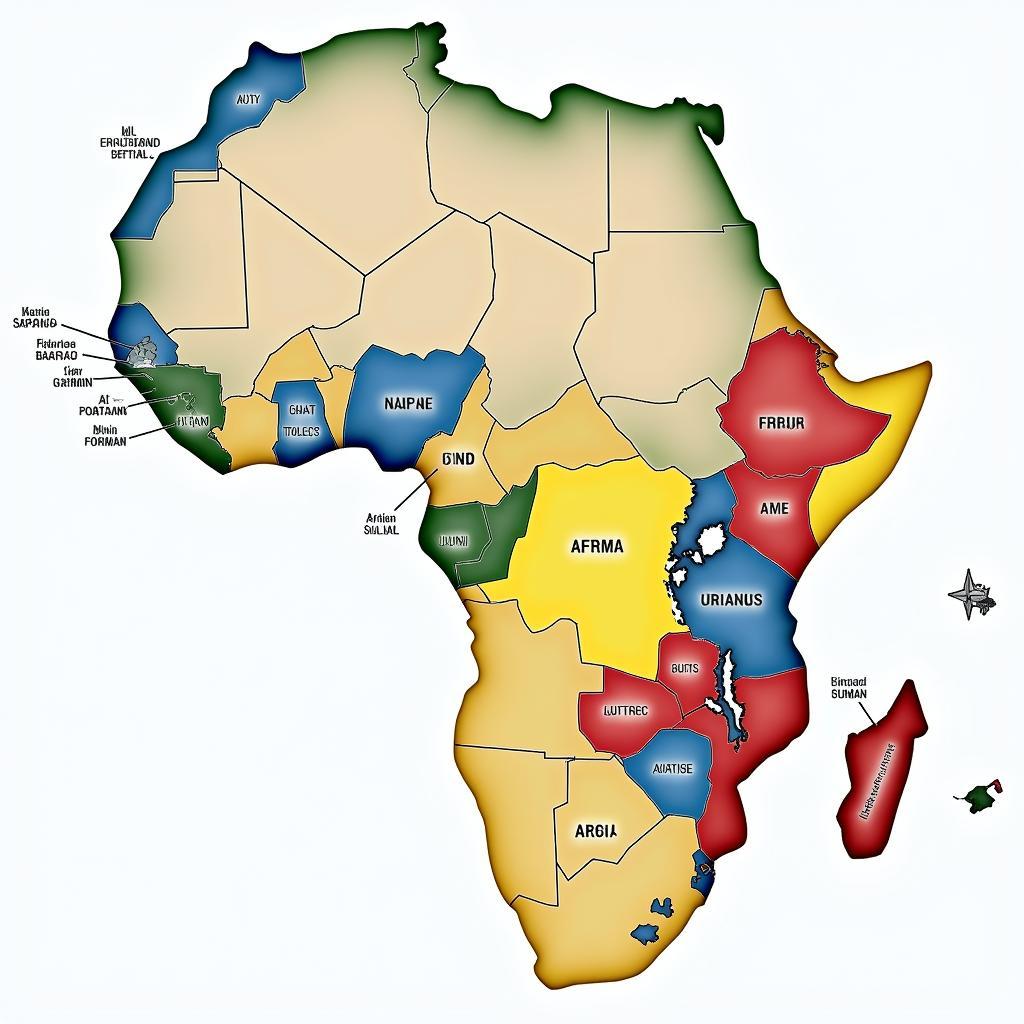The African Elephant: Nature’s Gentle Giant and the Perils of the Illegal Ivory Trade
The African elephant, a majestic symbol of the African savanna, faces an ongoing threat due to the illegal ivory trade. These incredible creatures, the largest land mammals on Earth, play a vital role in their ecosystems, yet their populations continue to decline due to poaching. Understanding the complexities of this issue is crucial for effective conservation efforts.
Understanding the African Elephant
African elephants are categorized into two species: the savanna elephant and the forest elephant. While similar in many ways, they possess distinct physical characteristics and inhabit different environments. Savanna elephants, larger in size, roam the vast grasslands, while forest elephants, smaller and darker, navigate the dense forests of Central Africa. Both play a crucial role in seed dispersal and shaping their respective habitats.
The Social Dynamics of African Elephants
African elephants are highly social animals, living in complex matriarchal societies led by the oldest and most experienced female. These tight-knit family groups demonstrate remarkable intelligence, empathy, and communication skills. Their social structures are crucial for their survival, providing protection, guidance, and knowledge passed down through generations.
The Devastating Impact of the Illegal Ivory Trade
The illegal ivory trade poses a severe threat to the survival of African elephants. Driven by high demand, particularly in Asian markets, poachers relentlessly hunt these animals for their tusks, leaving a trail of devastation in their wake. The ivory trade not only decimates elephant populations but also fuels organized crime and undermines the stability of local communities.
The Economic and Social Consequences
The illegal ivory trade has far-reaching consequences beyond the immediate impact on elephant populations. It disrupts local economies, deprives communities of valuable resources, and undermines conservation efforts. The loss of tourism revenue due to declining elephant numbers can significantly impact the livelihoods of those dependent on wildlife tourism. Furthermore, the trade often funds criminal networks, destabilizing regions and exacerbating existing conflicts.
Conservation Efforts and the Future of the African Elephants
Numerous organizations and governments are working tirelessly to combat the illegal ivory trade and protect African elephants. These efforts involve strengthening anti-poaching patrols, enhancing law enforcement, and raising public awareness about the devastating impact of the ivory trade. International cooperation and stricter regulations are also crucial for curbing demand and disrupting the illegal supply chains.
What Can You Do to Help?
Every individual can contribute to the fight against the illegal ivory trade. Supporting reputable conservation organizations, spreading awareness through social media, and educating others about the issue are all valuable actions. By making conscious choices and advocating for stronger regulations, we can help secure a future for these magnificent creatures.
Conclusion
The African elephant, a symbol of Africa’s natural heritage, is facing a critical moment in its history. The illegal ivory trade continues to threaten its survival, demanding a concerted global effort to protect these magnificent animals. By understanding the complexities of the issue and supporting conservation efforts, we can help ensure that future generations will have the opportunity to witness the grandeur of the African elephant in its natural habitat. Let’s work together to end this devastating trade and protect these gentle giants for generations to come.
FAQ
- What is the difference between savanna and forest elephants?
- How does the ivory trade impact local communities?
- What are the main conservation efforts being undertaken?
- How can I contribute to elephant conservation?
- What is the current status of the African elephant population?
- Are there any legal ivory markets?
- What are the penalties for poaching elephants?
Other Related Articles
- The Impact of Climate Change on African Elephants
- The Role of Elephants in African Ecosystems
- Understanding Elephant Communication
Need support? Contact us 24/7: Phone: +255768904061, Email: [email protected], or visit us at Mbarali DC Mawindi, Kangaga, Tanzania.


